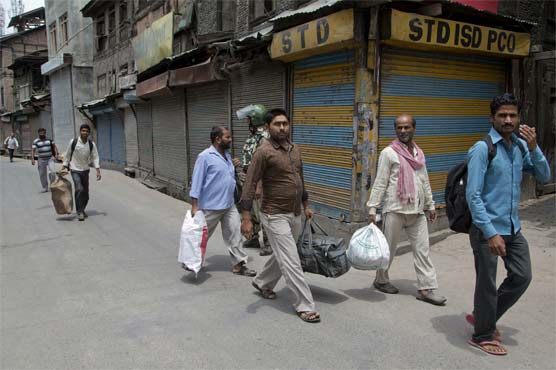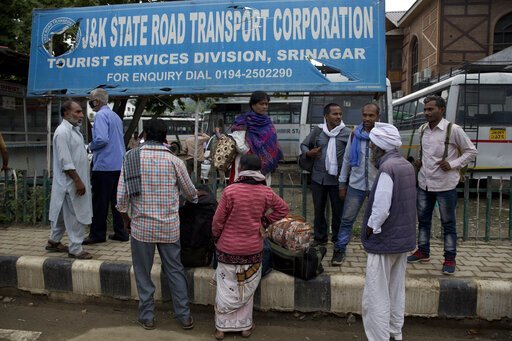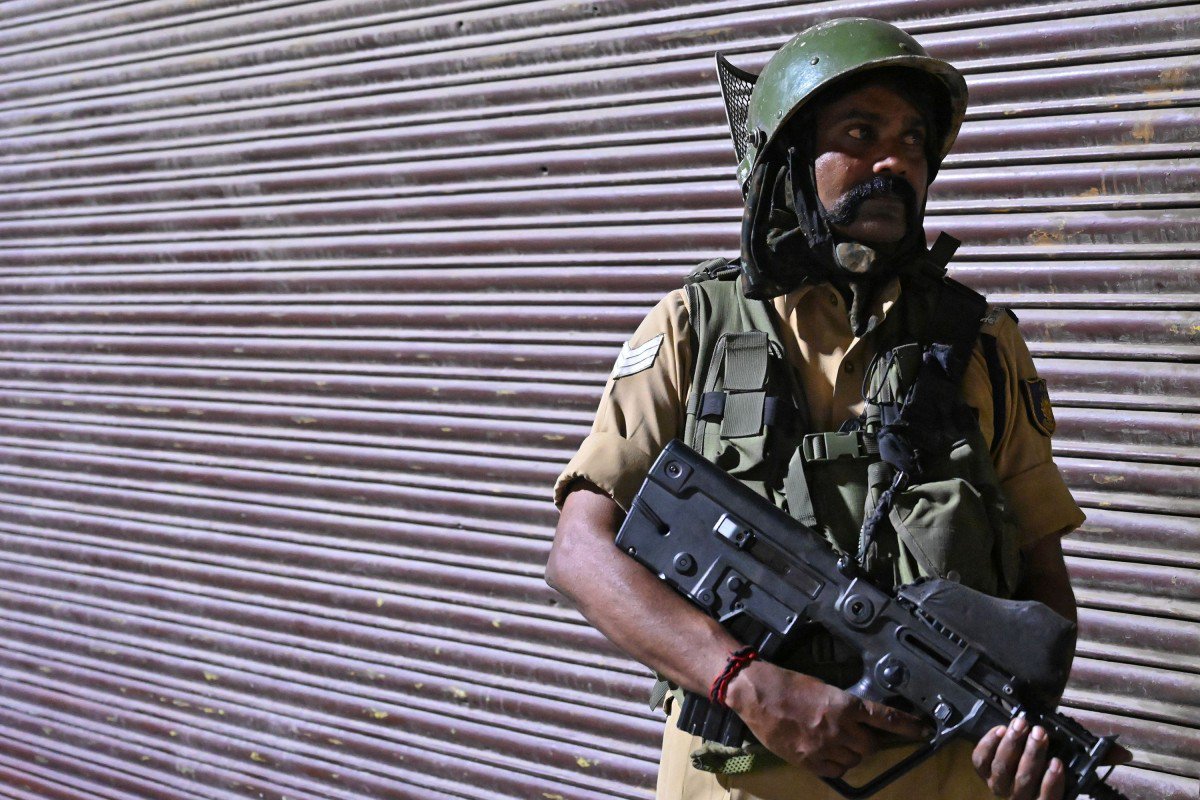People in Indian Held Kashmir struggle for necessities amid clampdown

Curfew has been imposed in several parts of the state.
SRINAGAR (Reuters) - The scrapping of special status of Jammu and Kashmir to fully integrate its only Muslim-majority region with the rest of the country and restricting the movement of the residents of Srinagar city has left them struggling for necessities.
Article 370, a constitutional provision that grants a measure of autonomy to Jammu and Kashmir including the right to make its own laws was scrapped on Monday (August 05).
The government also lifted a ban on property purchases by people from outside Jammu and Kashmir. With curfew being imposed in several parts of the state, the residents were forced to hunt for necessities such as medicines and food.

A local, Gulam Rasool said he was not able to arrange for medicines for his ailing wife with the restrictions on movement and no medical facilities being available.
.jpeg)
A day earlier, Principal Secretary, Planning and Development, Jammu and Kashmir, Rohit Kansal had said, the state had adequate food and supplies for more than three months, including fuel and there would be no shortage of food or civil supplies. Armed police patrolled every few hundred meters in the city, where a ban on public gatherings of more than four people stayed in force on Tuesday (August 06).
Educational institutions and most shops in residential neighborhoods were shut.

The Indian government had launched a security crackdown in the region, arresting political leaders, suspending telephone and internet services, and restricting public movement in the main city of Srinagar.
Meanwhile, Former Chief of Jammu and Kashmir, Farooq Abdullah said, it was not an India he believed in.
Kashmir has long been a bone of contention between India and Pakistan. Tensions flared after a vehicle laden with explosives rammed into an Indian police convoy on February 14, killing 40 paramilitary police, and leading to aerial clashes between the two nations.

